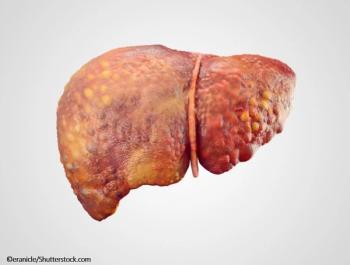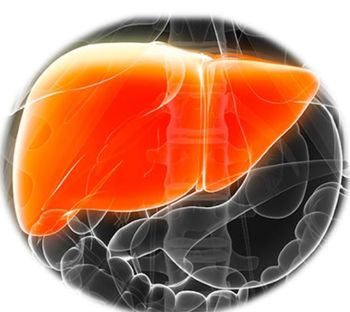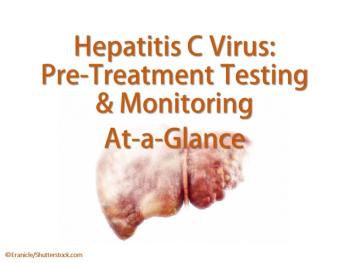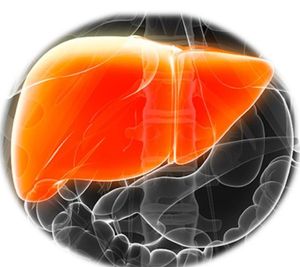
Here, in plain language, a list of the most common questions you may hear about HCV and the answers, in brief.

Here, in plain language, a list of the most common questions you may hear about HCV and the answers, in brief.

Every patient encounter is an opportunity to screen for hepatitis C. Certain women of childbearing age must be included as an at-risk population.

Eight studies at the 2017 International Liver Congress illuminate the question but the answer is open to interpretation.

Take this brief quiz to see what you’ve learned about the challenges and opportunities of HCV management.

Resistance-associated variants limit the activity of some drugs, but HIV infection treatment may offer some guidance.

Severe outcomes may ensue in a high percentage of patients. The authors discuss the consequences in this brief podcast.

The “modern era” of treatment features multiple DAAs that target specific steps within the HCV life cycle.

State Medicaid programs and private insurance companies have balked at providing these drugs to their insured customers. But the tide is turning.

Testing is recommended for the persons who are more likely to have the virus but not know it.

Test your knowledge of screening and HCV management with these three short case quizzes.

What are the most important labs to monitor before, during, and after HCV treatment? Essentials in this brief slide show.

Patients can be identified at earlier stages of disease, before serious liver damage, and have improved clinical outcomes.

Knowing the origin and causes could help clinicians better determine who to screen and treat.

Primary care physicians can play an expanding role in achieving the benefits of testing, care, and treatment to help stem the epidemic.

Published: April 5th 2017 | Updated:

Published: April 6th 2017 | Updated:

Published: April 10th 2017 | Updated:

Published: April 10th 2017 | Updated:

Published: April 17th 2017 | Updated:

Published: April 18th 2017 | Updated: